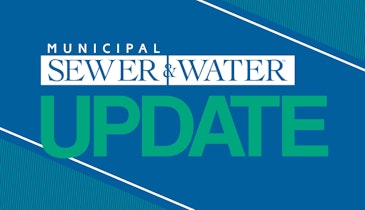Wastewater treatment plants are crucial for managing and treating the water we rely on every day, but did you know they also play an unexpected role in public health? From COVID-19 to polio, wastewater is proving to be an early warning system for disease outbreaks.
Here’s how wastewater can help detect diseases before they spread:
- Tracking Virus Presence: Wastewater can carry genetic material from viruses like COVID-19, even before individuals show symptoms. By sampling wastewater at treatment plants, health officials can detect outbreaks early, allowing for faster response and containment.
- Polio Surveillance: In addition to COVID-19, wastewater is used to track polio in certain regions. Researchers have successfully detected traces of the poliovirus in untreated sewage, enabling authorities to intervene before widespread transmission occurs.
- Public Health Frontline: Wastewater treatment plants are on the frontlines of public health surveillance. By analyzing wastewater, they provide invaluable data that helps public health authorities monitor and control outbreaks of various diseases.
- The Power of Early Detection: Monitoring wastewater gives us a heads-up, often days or weeks in advance, allowing public health agencies to take action—whether that’s ramping up testing, isolating communities, or securing resources.
In short, treatment plants do more than just clean our water. They’re also a vital part of the public health infrastructure. They are a powerful tool to detect and prevent the spread of disease.






